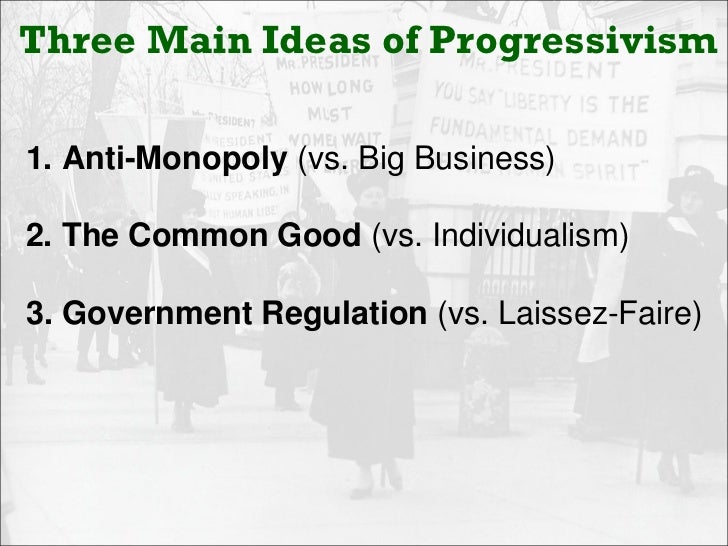The
irony of the centrist-progressive debate
 With dozens of Democratic
candidates, scores of televised debates, and swarms of reporters and pundits
descending on the tiniest blip in polls, this campaign already feels
never-ending. But at long last, we’re beginning what matters: Voting!
With dozens of Democratic
candidates, scores of televised debates, and swarms of reporters and pundits
descending on the tiniest blip in polls, this campaign already feels
never-ending. But at long last, we’re beginning what matters: Voting!
This year, in addition to
decisions about candidates, voters will be making a decision about the future
of our society. The question we face is whether we will continue the same-old
politics of enriching and empowering the few at the expense of the rest of us,
or will we pivot to implement transformative structural changes.
As you would expect, Trump and
his sycophantic congress critters are howl-at-the-moon opponents of Medicare
for All, the wealth tax, tuition-free college and trade school, the Green New
Deal, universal child care, and the full package of populist policies that
would begin reversing the scourge of inequality that continues spreading
throughout our land.
But what about
Democrats? Sadly, many of them are opposed, too.
Not grassroots Dems, of course
— not the hard-hit, workaday people who need these reforms. But there’s a
gaggle of don’t-rock-the-corporate-boat Democrats (mostly old-line pols,
consultants, high-dollar donors, and other Washington insiders) who are
declaring that the party must abandon proposals for big systemic changes.
Why? Because, they exclaim, being so progressive, so plainspoken, so insistent — so, well, democratic — is frightening voters.
They warn that proposing major
new policies to benefit everyone will let the Trumpeteers paint their
candidates as scary socialists.
They lecture that the proper course is to draw back to the corporate-centered, Clintonesque approach of incremental minimalism: small, technocratic and legalistic tweaks that won’t disrupt the system itself.
They lecture that the proper course is to draw back to the corporate-centered, Clintonesque approach of incremental minimalism: small, technocratic and legalistic tweaks that won’t disrupt the system itself.
This is the responsible path,
they assure us, for winning over America’s moderate middle, particularly
independent Republicans and white, middle-class swing voters.
Never mind that the white middle class is not by and large made up of squishy moderates, but of millions of mad-as-hell, downwardly mobile middle classers who feel abandoned by both political parties.
Never mind that the white middle class is not by and large made up of squishy moderates, but of millions of mad-as-hell, downwardly mobile middle classers who feel abandoned by both political parties.
Still, the establishment is
trying to push the party’s candidates to surrender their progressive ideals and
just tinker around the edges of actual change.
For example, rather than
offering full-fledged health coverage for every man, woman, and child, these
minimalists say the safe political route is simply to criticize Republicans for
tampering with Obamacare and leave the current profiteering system of “corporate
care” untouched — thus leaving millions of our families with poor to zero
coverage.
It is simply a lie that people
will be scared off by candidates who propose decent health care as a right for
every American.
As a December New York Times poll reported, 81 percent of Democrats (and two-thirds of independents) support the idea of Medicare for All legislation as proposed by Senator Bernie Sanders and Rep. Pramila Jayapal.
As a December New York Times poll reported, 81 percent of Democrats (and two-thirds of independents) support the idea of Medicare for All legislation as proposed by Senator Bernie Sanders and Rep. Pramila Jayapal.
Hello — apple pie doesn’t get an approval rating that high!
Or take Senator Elizabeth
Warren’s proposal for a tiny wealth tax on mega-fortunes above $50 million — a
tax that would finance education, infrastructure expansion, and other crucial
programs. In the Times December poll, 77 percent of Democrats,
55 percent of independents, and — check this — 57 percent of Republicans
favored Warren’s tax on superfortunes.
Thank goodness such squeamish
Dems weren’t able to nullify big public solutions that Americans desperately
needed in the past, such as:
- FDR’s Social Security, labor protections, and farm security measures,
- Ike Eisenhower’s interstate highway infrastructure,
- LBJ’s Civil Rights, Medicare, Title IX, and anti-poverty programs,
- and even Nixon’s EPA and OSHA.
As a South Texas saying puts
it: “A grandes males, grandes remedios”: for big problems, get big
solutions. Obviously, our society’s problems today — from rampant inequality to
climate change — are beyond huge. But how big will Democrats go in addressing
these challenges?
OtherWords columnist Jim
Hightower is a radio commentator, writer, and public speaker. Distributed by
OtherWords.org.